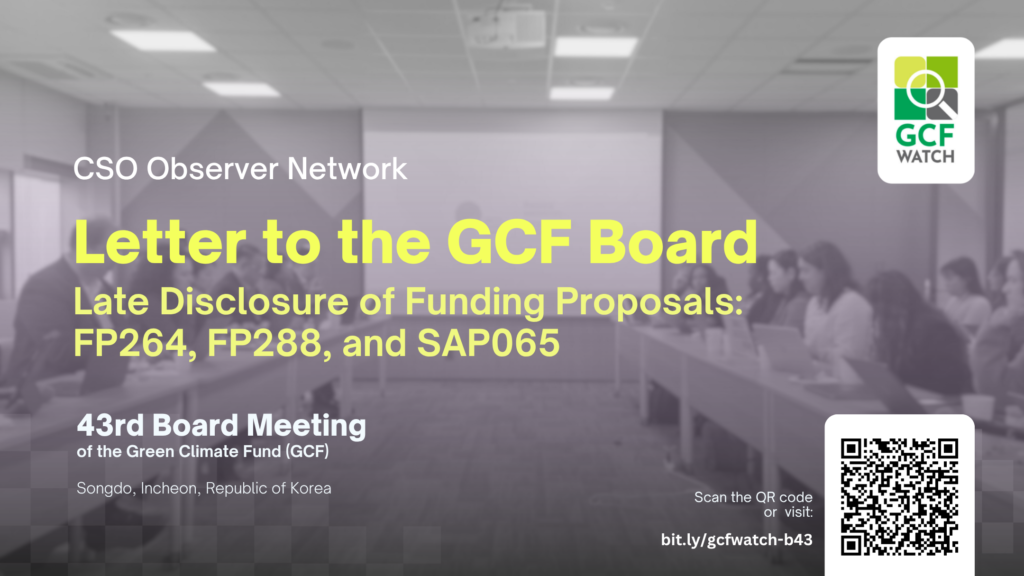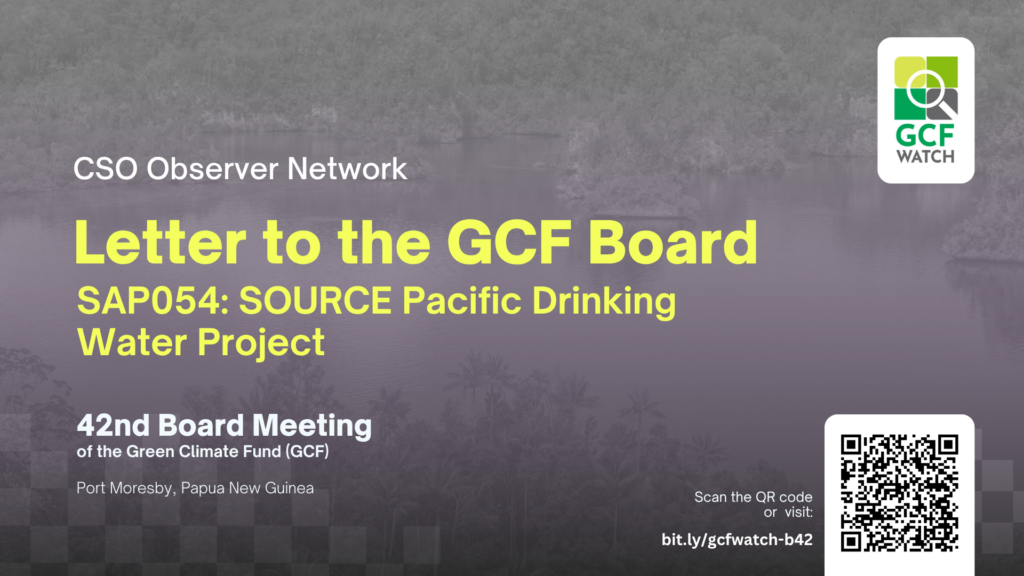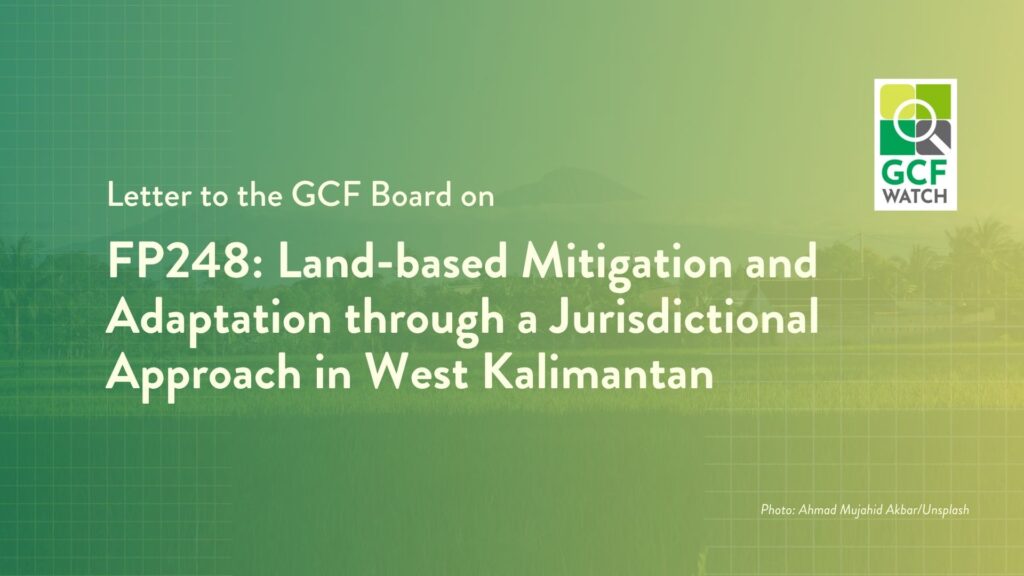CSOs lay Foundation for Malawi’s Readiness to Accessing and Managing Climate Funds
By Julius Ng’oma and Joseph Njoka, CISONECC
Climate financing is central in dealing with worsening impacts of climate change. National Governments and International financial institutions are developing policies and financial mechanisms to allocate and manage finances to support implementation of various policies and actions. The most recent financial mechanism set up under the United Nations Framework Convention on Climate Change UNFCCC is the Green Climate Fund (GCF). The GCF is expected to become the main global fund for financing climate change mitigation and adaptation in developing countries. As such, it is positioned to channel significant amounts of funding required to support developing countries to adapt to the impacts of climate change and to limit or reduce their greenhouse gas emissions.

It is crucial that developing countries that are most vulnerable to the effects of climate change are able to access and deploy resources from the GCF. This is why the GCF created the readiness and preparatory support programme that provides early support activities to enhance country ownership and enable access to fund resources. Activities supported through readiness are not meant to be one-off measures, but part of an ongoing process to strengthen a country’s engagement with the Fund and to maximize the impacts that a funded project or programme can have at the local level. Five activity areas that sum up the different readiness activities that GCF can support include: establishing and strengthening national designated authorities or focal points; strategic frameworks, including the preparation of country programmes; support for accreditation and accredited entities; initial pipelines of programme and project proposals; information sharing, experience exchange and learning. The National Designated Authority (NDA) is mandated to lead deployment of readiness and preparatory support funding. The NDA may either the direct beneficiary of the readiness support and/or can select delivery partners, including international organizations, and other international, regional, national, sub-national, public or private institutions well-versed in readiness activities. Clearly, this is a demonstration that GCF readiness should benefit every player including Civil Society Organisations (CSOs), Academia and the private sector institutions.
Recognising the need for in-country stakeholders readiness to access GCF resources, Civil Society

Network on Climate Change (CISONECC) in collaboration with Care Germany, German Watch and Care Malawi with financial support from German Government have been implementing a three year project dubbed CSOs Readiness to Green Climate Fund-Focus Africa. The project seeks to strengthen the engagement of civil society actors and organizations in the GCF processes at national, regional and international level and scale-up existing CSOs’ capacities as well as to ensure accountability of GCF-funded activities by national authorities through a broader societal mobilization for transformation and better impacts. Given the multiple processes for accessing the GCF funds, the assessment done at the start of this project indicated weak coordination and communication mechanisms related to GCF between and among NDA and other key stakeholders such as the civil society and private sector; and the capacity challenges by organisations to develop high quality projects compliant with GCF requirements. For CSOs in particular, capacity gaps were more evident regarding effective engagement in GCF processes and the weak coordination with NDA in Malawi. This was largely due to inadequate mechanisms including platforms for channeling GCF related information and processes.

CISONECC through the CSO readiness programme attempted to unscrew some of the GCF related challenges faced by CSOs by facilitating the creation of platforms for GCF information, knowledge and experience sharing between and among the NDA and CSOs and other GCF players. Various workshops characterised by various GCF related themes were organised to provide information and facilitate knowledge and experience sharing among GCF stakeholder focusing on various GCF processes in Malawi.
Currently, CSOs are familiar with the structure and operations of the GCF; the role of NDA, and the role of other stakeholders including CSOs on GCF. This condition gives hope and confidence for Malawi’s increased levels of engagements with the fund processes and lays foundation for Malawi sustainable access to GCF resources.

Accessing resources is one thing but managing resources is another. Assessments also indicated that CSOs were not aware of their monitoring and tracking role for GCF processes and projects in Malawi. Capacity building of CSOs through the GCF CSOs readiness project in order to understand their various roles in relation GCF was therefore critical. This understanding was key to ensuring accountability of GCF funded activities by national authorities which may also be achieved by a broader societal mobilization for transformation and better impacts in the short and long run. Through this understanding of GCF processes, the CSOs were able to engage and interact with Government and other GCF stakeholders and processes as a way of demonstrating their role of tracking progress on GCF processes and projects. In an interface meeting with the Project Coordinating Unit and other project implementing partners, CSOs in Malawi were able to track the project supported by GCF in Malawi called Saving Lives and Protecting Agriculture-based Livelihoods in Malawi: Scaling Up the Use of Modernized Climate Information and Early Warning Systems (M-CLIMES) and drew up recommendations for effective delivery of the project if maximum and sustainable benefits to the targeted local communities are to be realised.
The weak coordination between the NDA and CSOs in strengthening national engagement with GCF was also a major challenge in Malawi as far as advancing collaboration between various players on engaging with GCF processes. There was clear lack of organized communication, national guidelines and procedures in engaging with the GCF in Malawi. In addition, CSOs and other stakeholders were not aware of the role that the NDA plays in relation to GCF processes at various levels. CSOs through the GCF CSOs readiness project supported the development of the GCF protocol to facilitate effective coordination and collaboration between and among Government of Malawi and CSOs.
The guidelines are a vehicle for facilitating inclusive, effective and continuous process of stakeholder engagements on GCF matters, leading to enhanced transparency and objectivity of the NDA. Through also the various interface between Government and CSOs, there is an absolute understanding among CSOs on the role of NDA in GCF processes and are in a position to support the NDA in its operations including administering GCF readiness programmes in Malawi.
It remains to be seen if the foundation set by the CSOs in Malawi of getting ready to engage and facilitate access to GCF resources is something the Government, Academia and private sector would ride upon for Malawi to be ready. It is worthy noting that Malawi has only managed to access monetary support from GCF for a disaster risk management, early warning systems, flood and drought management project of up to US$ 12.3 million implemented by the Department of Disaster Management Affairs (DoDMA) through the UNDP. The potential for translating the enhanced stakeholder knowledge and understanding and effective coordination and collaboration into additional transformative and resilience building projects and programmes can be realised in the short-run.








